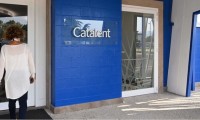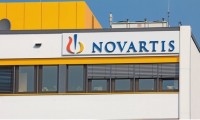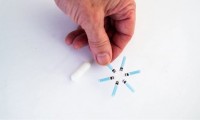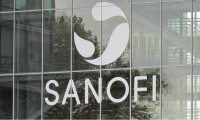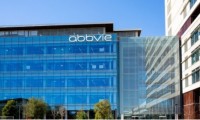-
As Lonza CEO departs, Catalent scoops up rival CDMO’s bioscience business head to lead biologics
- Source: drugdu
- 96
- September 20, 2023
-
Novartis Shareholders Approve Sandoz Spin-Off as Product Plans Increase
- Source: drugdu
- 121
- September 19, 2023
-
Gilead-backed Lyndra Therapeutics cuts nearly a quarter of staff as ph. 3 data nears
- Source: drugdu
- 151
- September 19, 2023
-
First Wave plans to repurpose Sanofi’s capeserod as GI therapy
- Source: drugdu
- 211
- September 18, 2023
-
NICE recommends use of Vydura for acute migraines on the NHS
- Source: drugdu
- 108
- September 16, 2023
-
BMS Culls Two Mid-Stage, Four Early-Stage Clinical Programs
- Source: drugdu
- 203
- September 16, 2023
-
AbbVie Passes on License Option for Harpoon’s TriTAC Multiple Myeloma Program
- Source: drugdu
- 106
- September 16, 2023
-
HHS argues Merck ‘lacks standing’ to sue over Medicare price negotiations
- Source: drugdu
- 107
- September 15, 2023
-
Avalo drops three rare disease assets amid ongoing challenges
- Source: drugdu
- 101
- September 15, 2023
-
AbbVie’s Skyrizi Outperforms J&J’s Stelara in Late-Stage Crohn’s Disease Trial
- Source: drugdu
- 106
- September 15, 2023
your submission has already been received.
OK
Subscribe
Please enter a valid Email address!
Submit
The most relevant industry news & insight will be sent to you every two weeks.

